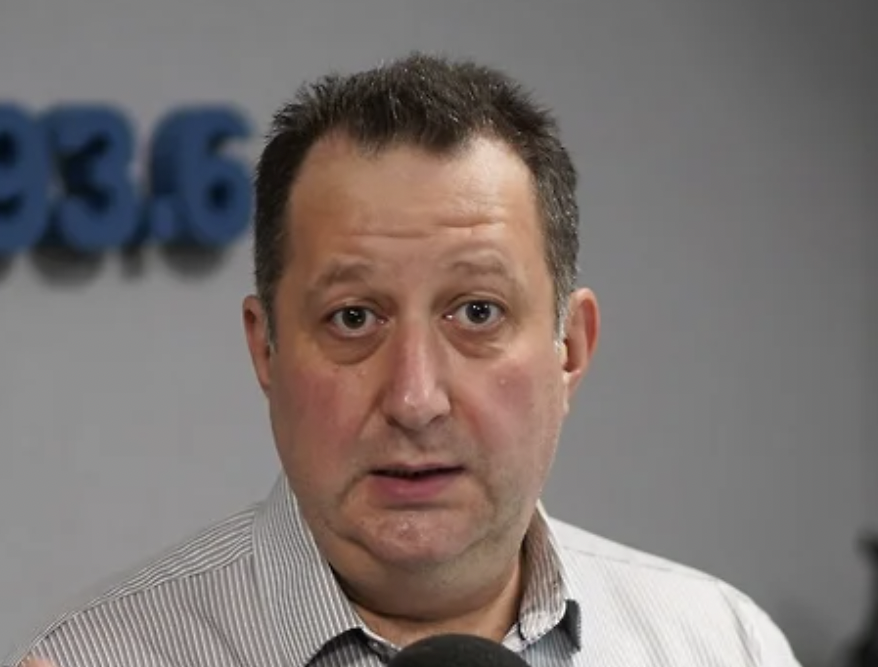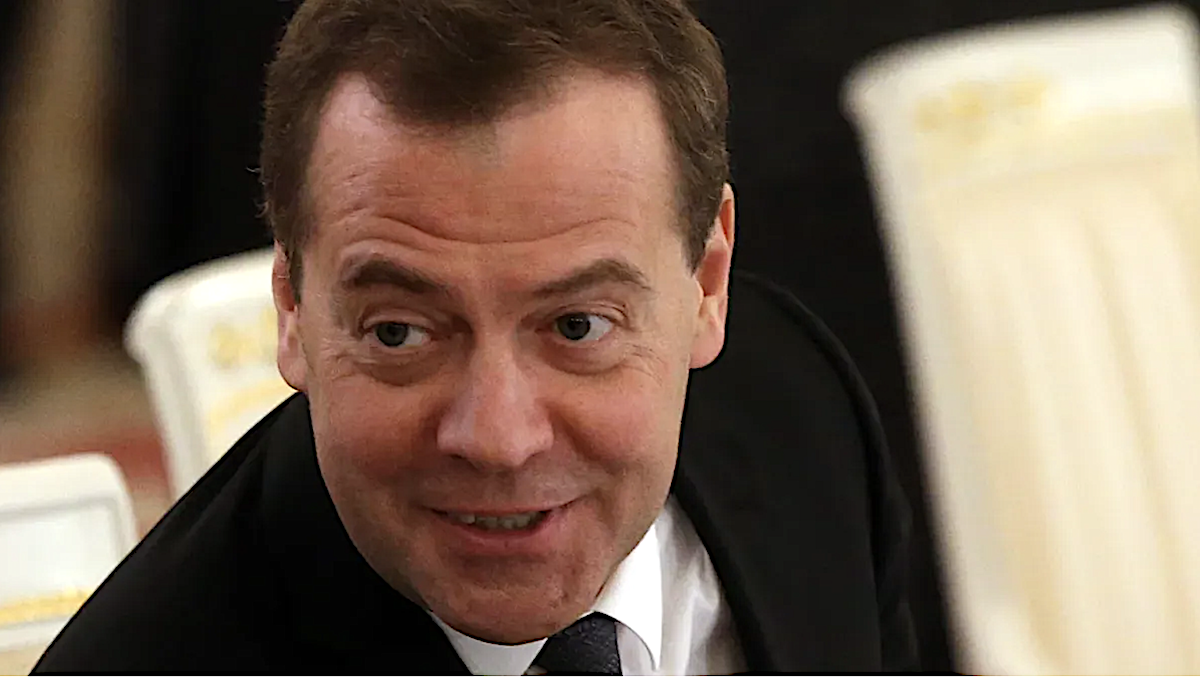Russia may halt gas supply to Europe - and the EU can accept Ukraine, Moldova and Georgia
Russia may halt gas supplies to Europe
Russia may completely cut off gas supplies to Europe. What can the EU do about this? Expand assistance to Ukraine and pay attention to German Chancellor Olaf Scholz’s proposal “not to delay the expansion of the EU and accept Ukraine, Moldova, Georgia, and the countries of the western Balkans.”
Comment

Dmitry Drize, Kommersant
On August 31, the Russian Nord Stream 1 will stop for three-day maintenance.
The pipeline is already operating at just 20% of its capacity. Germany, which is 40% dependent on Russian gas, is hurting most.
On August 30, French operator Engie received a notification from Gazprom about a reduction in fuel supplies.
When asked whether gas supplies via Nord Stream 1 would resume after the three-day maintenance, Russian Presidential Press Secretary Dmitry Peskov replied: Russia is fulfilling its obligations, but the West is not.
According to Peskov, the normal operation of the pipeline is hindered only by sanctions from the UK, Canada and the United States.
Due to sanctions, normal maintenance and repair of gas pumping and other equipment in Russia is impossible.
In addition, there were difficulties with accompanying documentation. That is why the equipment sent earlier for repair cannot be returned. This is primarily about the turbine, which is gathering dust in the hangar at a Siemens plant in the city of Mülheim an der Ruhr.
Germany says to Russia: here is the turbine, take it. We will bring it ourselves if needed. Moscow says no, the documents were drawn up incorrectly.
In addition, there is only one turbine operating at the Portovaya station which can break down at any moment, and then the gas will dry up completely.
- What does Turkey want in Ukraine? View from Baku
- “Lack of political will” – Why Georgia does not join anti- Russian sanctions?
However, the West is not going to lift sanctions. Moreover, the German media write that German Chancellor Olaf Scholz is ready to discuss introduction of a price ceiling for Russian fuel.
EU energy ministers are going to an extraordinary meeting on September 9 to decide how to get out of the fuel crisis. We can immediately say that the problem lies exclusively in the sphere of big politics, and not in the technical one.
At the moment Europe cannot do without Russian gas, but the West has the opportunity to increase pressure on Moscow in other ways.
For example, the West can expand assistance to Ukraine, which, in fact, is happening. In addition, one may consider the recent proposal of Chancellor Scholz not to delay expansion of the European Union and to accept Ukraine, Moldova, Georgia, and the countries of the western Balkans. This would obviously be unwelcome for Russia.
In other words, the stakes are being raised almost every day – the confrontation with the Western world intensifies with mutual dependence on each other.
Current and planned sanctions on Russia
Since the end of February 2022, Europe has imposed seven packages of sanctions on Russia overthe military invasion of Ukraine. Restrictions have been placed on the banking, energy and technology sectors. There is also an extensive list of personal sanctions against individuals.
The United States, Japan, Canada, Australia and other countries have imposed sanctions on Moscow.
Estonia calls the sanctions already imposed on Russia “effective, but insufficient”, and suggests the EU launch an eighth package of sanctions.
Further sanctions on trade and energy are proposed, blocking Russia from SWIFT as much as possible, and an expansion of the list of people and institutions under sanctions.
Among one of the potential restrictive measures that European countries are actively discussing is the tightening of the visa policy for Russians, up to a complete ban of issuance, period.
On August 30-31, Prague is hosting an unofficial meeting of EU foreign ministers. The issue of visas for Russians is on the agenda.
So far, Poland, the Netherlands, Latvia, Lithuania and Estonia have supported restrictions on the issuance of tourist visas to Russians.
This idea was opposed by Germany, France, Austria, Hungary, and Portugal. German Chancellor Scholz, in particular, stated that “there is no need to make it difficult for Russians to leave the country and get away from the dictatorship.”
The Czech Republic has proposed a compromise solution – to completely suspend the visa facilitation agreement between the EU countries and Russia and Belarus and introduce tougher rules, as well as increase visa fees.
The Kremlin, for its part, promised to respond to the restrictions “in the appropriate way.”
Russia will stop gas supplies to Europe



















